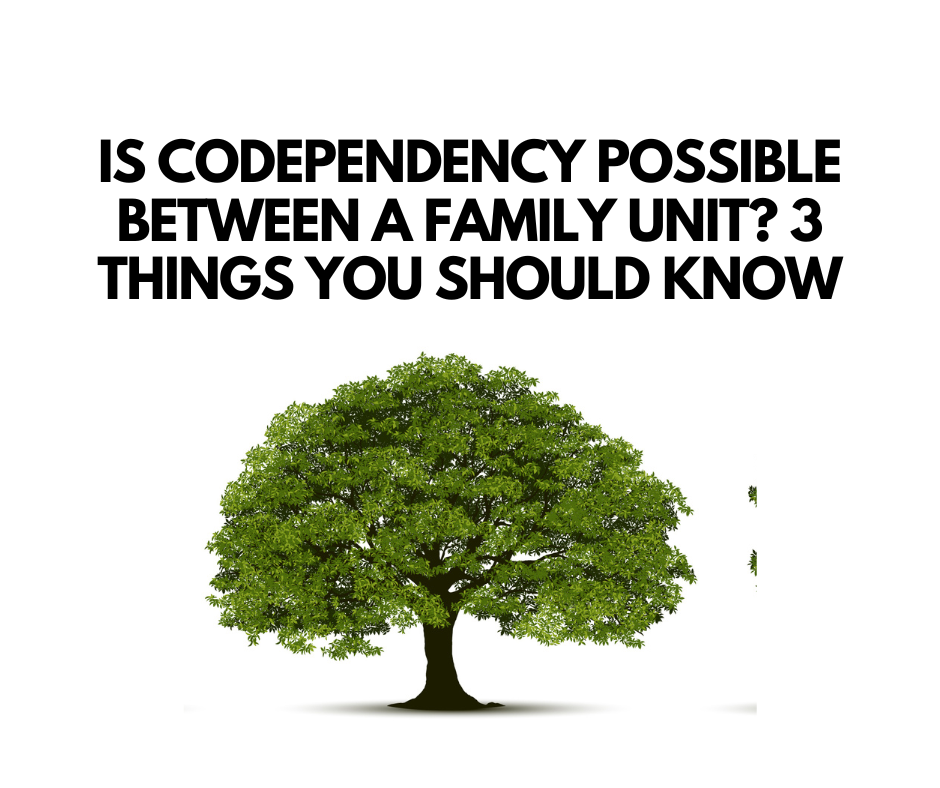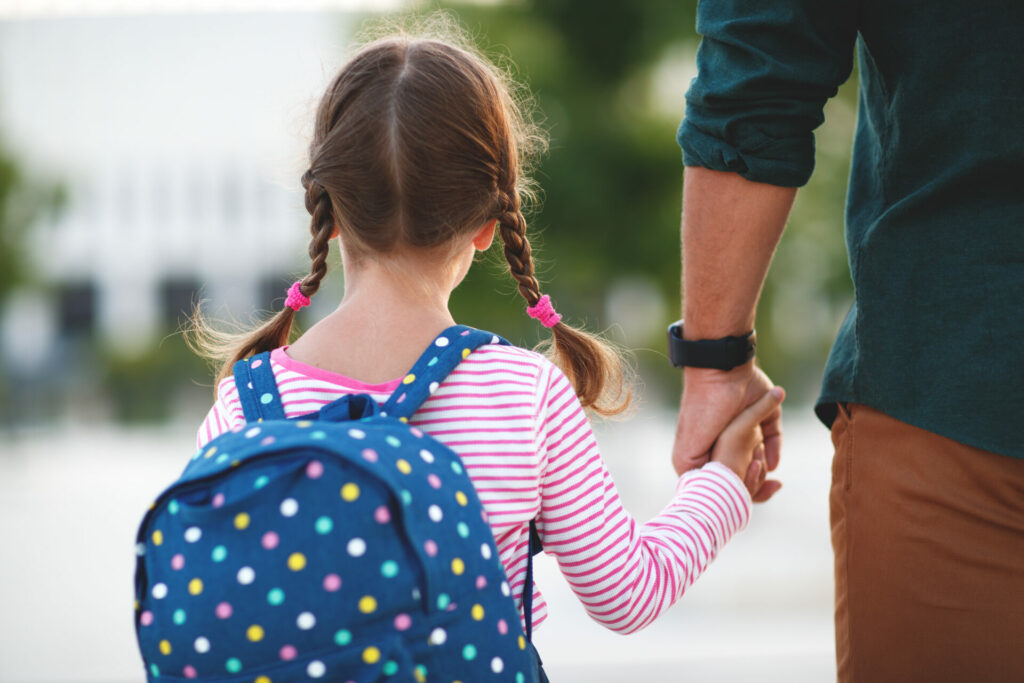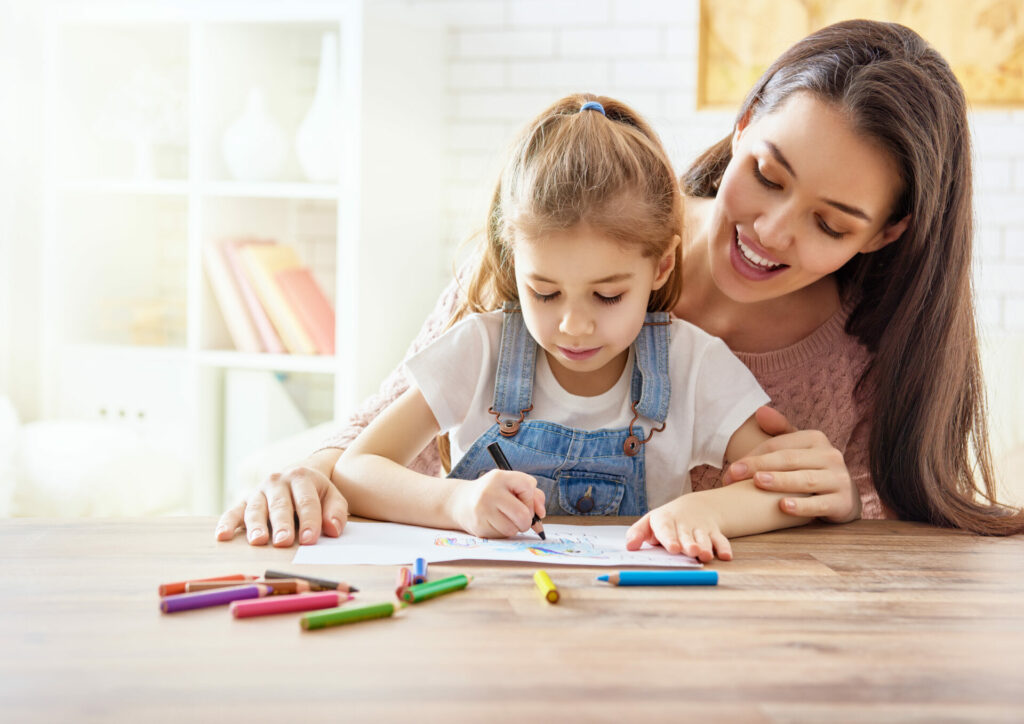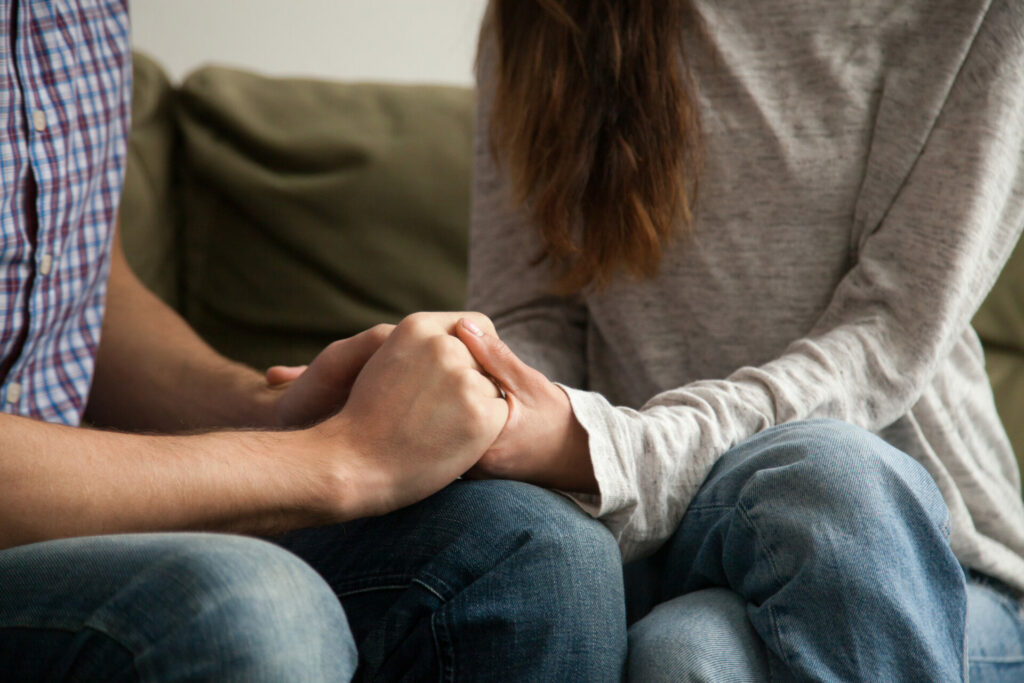Codependency is most often associated with substance abuse and addiction. However, this kind of dysfunctional relationship can manifest in many other ways. For example, within a family unit, there are countless versions of codependency to watch out for. Consider the many potential issues related to the necessary act of setting boundaries. This can be true for traditional family composition, blended families, and families of foster children or adoptees.
Within family units, there are nearly invisible instances of manipulation, denial, controlling, rationalization, and micromanaging. In turn, one of the hallmarks of codependency is also common. Family members may behave as if they cannot be happy unless others are happy. With all that in mind, let’s explore some details about codependency within a family unit.
3 Things You Should Know About Codependency Within a Family Unit
1. Codependent Parenting is a Thing
Many parents mistake codependency for a close relationship with their children. It is a fine line between a healthy and unhealthy attachment. Here are a few trends to watch for:
- Unfair delegation of duties: A codependent parent may unknowingly come to rely on their children to care for their physical and/or mental well-being.
- Being over-involved in a child’s life: As a parent, you can become preoccupied with your children and their lives. Every little incident is a justification for you to step in and exert control.
- Over-identifying: Every parent feels terrible to see their child in pain. A codependent parent cannot differentiate between the child’s pain and their own. In addition, this can present as the parent placing the blame on themselves when their children experience inevitable mood swings.
- Babying: As your child grows, they should and must take on more responsibility. The codependent parent will not let go of doing things for their children.
- Self-Sacrifice: This is when your role as a parent stops you from cultivating other friendships or relationships. It becomes your primary (or sole) source of self-esteem.
2. Codependency Can Run in Your Family
So much of our attachment style is rooted in our childhood. If you were raised by a codependent parent or caretaker, you will likely carry those tendencies with you into adulthood. This is not about genetic inheritance. Rather, we learn through experience and observation. It is what you know and what appears “normal.”
Children tend to identify with their parents. Thus, it only makes sense that they would model their own behavior after them. This can play out in many ways. For example, let’s say your parent didn’t allow you to take on responsibilities in an age-appropriate way. This leaves you without some pretty essential life skills. Logically, you may be drawn to partners who fill such gaps. If you have children, the cycle of codependency continues.
3. Codependency Can Be Addressed and Managed
Codependency usually leads you to put the needs of others ahead of your own. This can be an obstacle when getting help. However, as section #2 above explains, you getting help will help others in your life — including possible future children. There are steps you can take in this direction, e.g.
- Learning how to say “no”
- Setting and enforcing boundaries
- Practicing self-compassion
- Accepting that you cannot keep everyone happy
- Maintain a daily self-care regimen
Another major component is communication. Do the work to develop healthy communication skills. These tools will be the foundation of your recovery.
Family Codependency Can and Must Be Treated
The best way to start this necessary process is to consult with an expert. An experienced therapist can guide you through the important steps of identifying and managing the issues. I would love to provide such support for you. Therefore, I invite you to reach out soon to schedule a free and confidential consultation for individual or family therapy.




